African enterprises bet on circularity to reshape food systems
Across Africa, food entrepreneurs across the coffee, fisheries, poultry, and dairy sectors are reshaping how food is produced, packaged, reused, and valued.
It builds sustainable societies that use recyclable, sharable, and regenerative resources to end the linear model of “produce, consume, discard” while continuing to meet the material and development needs of a growing global population.

Across Africa, food entrepreneurs across the coffee, fisheries, poultry, and dairy sectors are reshaping how food is produced, packaged, reused, and valued.
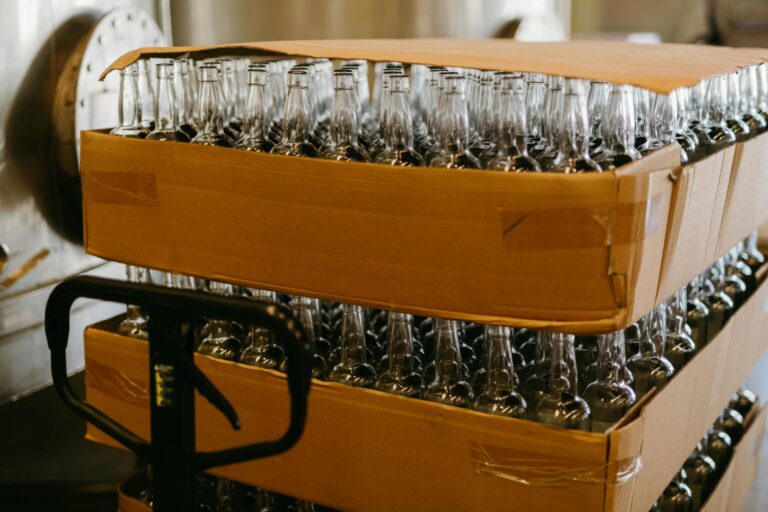
From coffee cups to soda bottles, over 1,000 tonnes of waste are generated every day in Medellín, Colombia. In response, the city has been focusing on reusable systems.
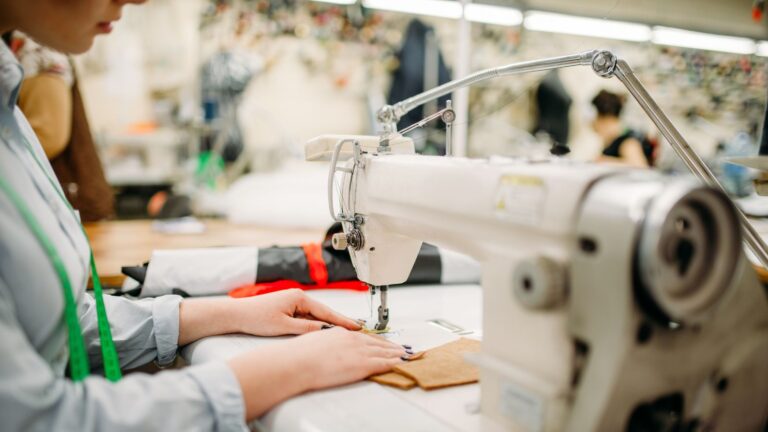
From recycling hubs to traceability and green finance, ICLEI’s SWITCH-Asia project is helping Chinese small and medium size enterprises go circular. Read about six field-tested levers cities can apply – each with a clear 90-day checklist to drive real impact.
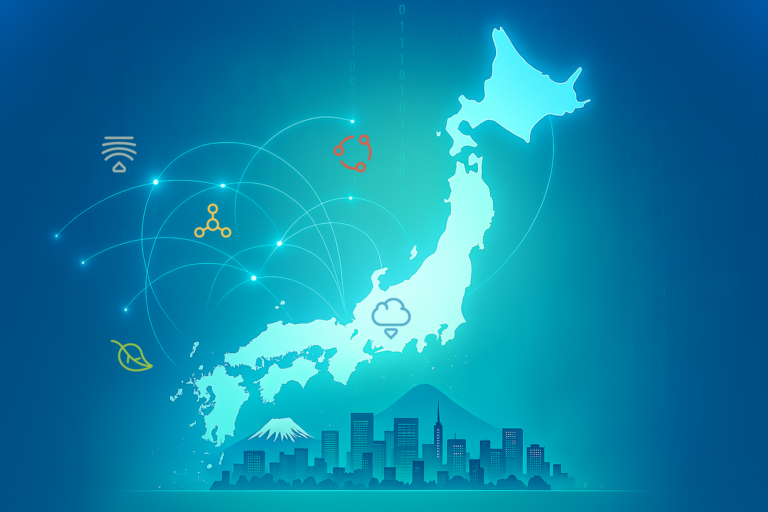
In fiscal year 2024, ICLEI Members in Japan engaged in various activities connected to ICLEI’s five pathways toward sustainable urban…
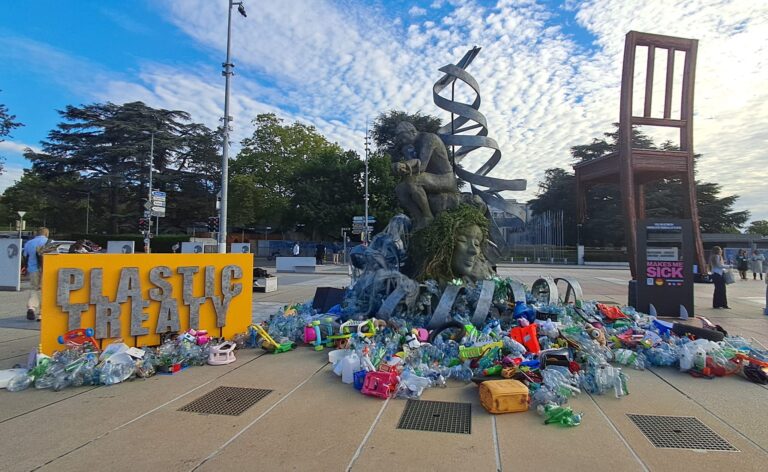
As global Plastics Treaty negotiations failed to reach consensus, cities and regions cannot wait. Read four takeaways to guide local action against the plastic waste piling up daily in cities.
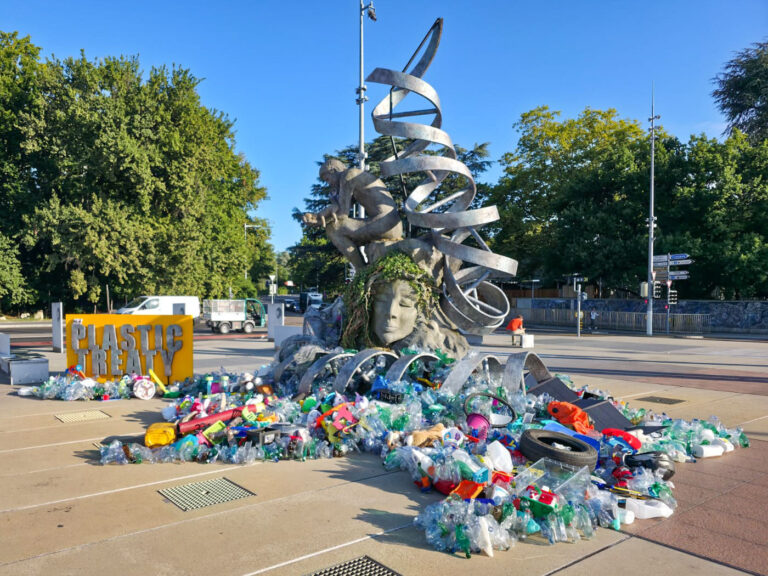
As countries race to finalize a global plastics treaty by the end of 2025, a critical round of negotiations is underway in Geneva, Switzerland. From production limits to toxic chemical bans, what’s on the table and why must cities have a seat at it?

What if your coffee cup or takeout container didn’t end up in the trash, but went back into circulation, reducing waste, cutting emissions, and sparking local innovation and green jobs? Explore lessons from the Circular City Labs project.

With lush forests, clean air, and a fast-growing green economy, Guiyang is proving that cities can thrive without costing the Earth. On 5–6 July, urban leaders will gather here for the Eco Forum Global Annual Conference to promote harmony between humans and nature, a journey that Guiyang has proudly led for years

Shimokawa Town in Hokkaido is the smallest member of ICLEI Japan. Rich in forest resources, it has become a model…

The Republic of Korea hosted INC-5, bringing national governments together to forge a global treaty to end plastic pollution. This initiative began at the 2022 UN Environment Assembly with the adoption of Resolution 5.14 titled: End Plastic Pollution: towards an international legally binding instrument.

To ensure climate policies are more socially balanced, particularly in addressing the needs and participation of structurally disadvantaged populations, the INCLU:DE project promotes a shift in focus from incentivizing to enabling. How do cities design local climate actions that speak to all different realities?

To wrap up 2024, we delve into the diverse array of stories that proved to be our most popular of the year – five stories that resonated, shaping and informing perspectives on sustainable urban development.